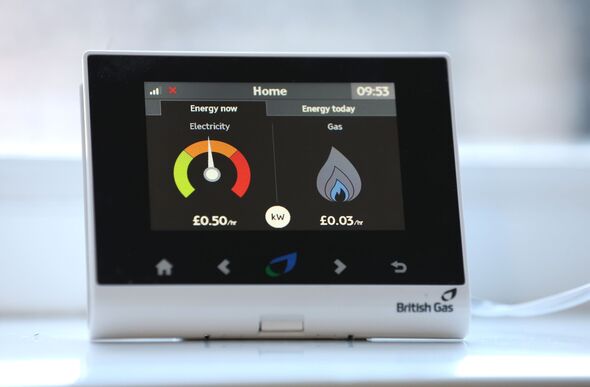
It’s summer time, the weather is fine and hopefully your energy account for British Gas, E.ON, EDF, OVO or Octopus Energy is looking a lot healthier than it was a few months ago.
Although households across the UK will be on a direct debit which evens out your payments across the year – so you’re paying the same amount per month now as you were in the middle of winter – the amount of credit or debt on the account underneath will change.
Energy expert Martin Lewis previously said that May is the bottom of the direct debit cycle, the point at which your debt should peak before starting to be paid down again through the summer, when your usage, for example from lack of heating, should steadily build up some credit on your account for winter.
But some summer appliances can actually prevent that, and overusing certain energy hungry items in the summer could leave you in a precarious position over the upcoming more expensive winter months.
According to USwitch, electric fans can be expensive to run, and air conditioning units much much more so.
Research has shown that the average 110w floor fan uses 2p of energy an hour, or 40p a day if it is on for 20 hours, adding £12 a month to your bill.
An electric shower, at 11KW, is one of the most expensive devices in your home to run, but is balanced out by being used for short periods at a time. Based on a 10 minute shower, an 11KwH shower uses £3 a week to run, but with four people at home, that becomes £12 a week or £48 a month to run.
Fridge freezers can also be expensive, especially if they are in hot places as they have to work harder to keep cool. If you have a spare chest freezer in the garage not doing much, just keeping it running can cost £100 a year on your energy bills, or £8 a month.
Smart speakers like Alexa are extremely handy especially if you just want to chill out in the conservatory or on your patio with a bit of music or a podcast. But you shouldn’t leave them on standby – Alexa uses almost as much on standby (2KwH) as it does in use (3KwH). That’s £2 a year added to energy bills just from leaving it plugged in.
Taken together, that’s over £200 added to your energy bills in the summer which you could be saving towards winter instead.


















